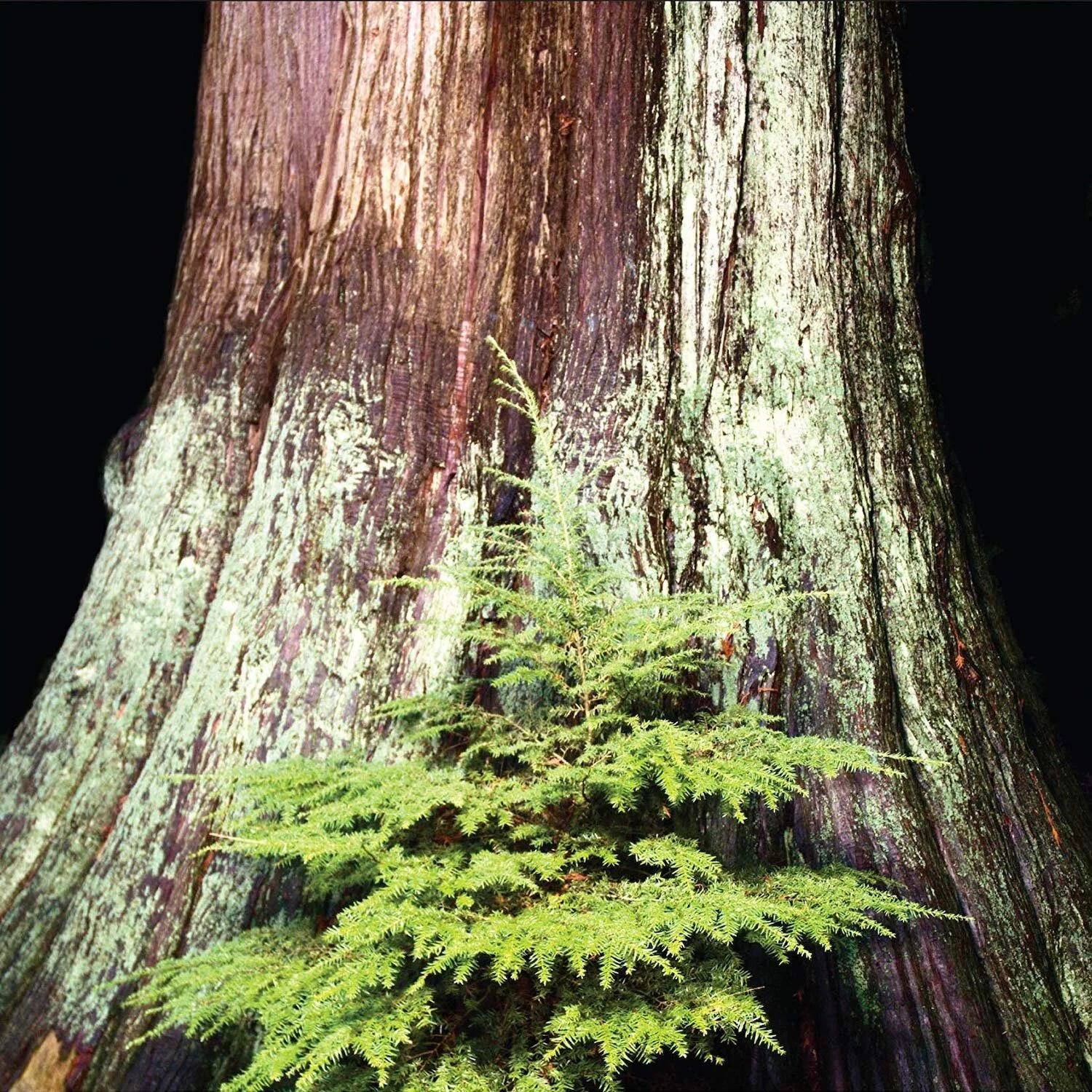(Highlights) MERLIN SHELDRAKE
/Merlin Sheldrake is a biologist and bestselling author of Entangled Life: How Fungi Make Our Worlds, Change Our Minds, and Shape Our Futures. Merlin received a Ph.D. in tropical ecology from Cambridge University for his work on underground fungal networks in tropical forests in Panama, where he was a predoctoral research fellow of the Smithsonian Tropical Research Institute. Entangled Life won the Wainwright Prize 2021, and has been nominated for a number of other prizes. Merlin is a research associate of the Vrije University Amsterdam, Head of Science and Communications Strategy for the Society for the Protection of Underground Networks, and sits on the advisory board of the Fungi Foundation.
MERLIN SHELDRAKE
Humans have been partnering with fungi for an unknowably long time, no doubt for longer than we’ve been humans. Whether as foods, eating mushrooms, as medicines, dosing ourselves with moulds and other mushrooms that might help, parasites or others helpers with infection, mushrooms as tinder or ways to carry a spark, this very important thing that humans needed to do for a very long time, and as agents of fermentation, as in yeasts creating alcohol. So humans have partnered with fungi to solve all sorts of problems and so fungi have found themselves enveloped within human societies and cultures for a long time.
This interview was conducted by Mia Funk & Cooper Berkoff with the participation of collaborating universities and students. Associate Interviews Producer on this podcast was Cooper Berkoff. Digital Media Coordinator is Phoebe Brous.
Mia Funk is an artist, interviewer and founder of The Creative Process & One Planet Podcast (Conversations about Climate Change & Environmental Solutions).















